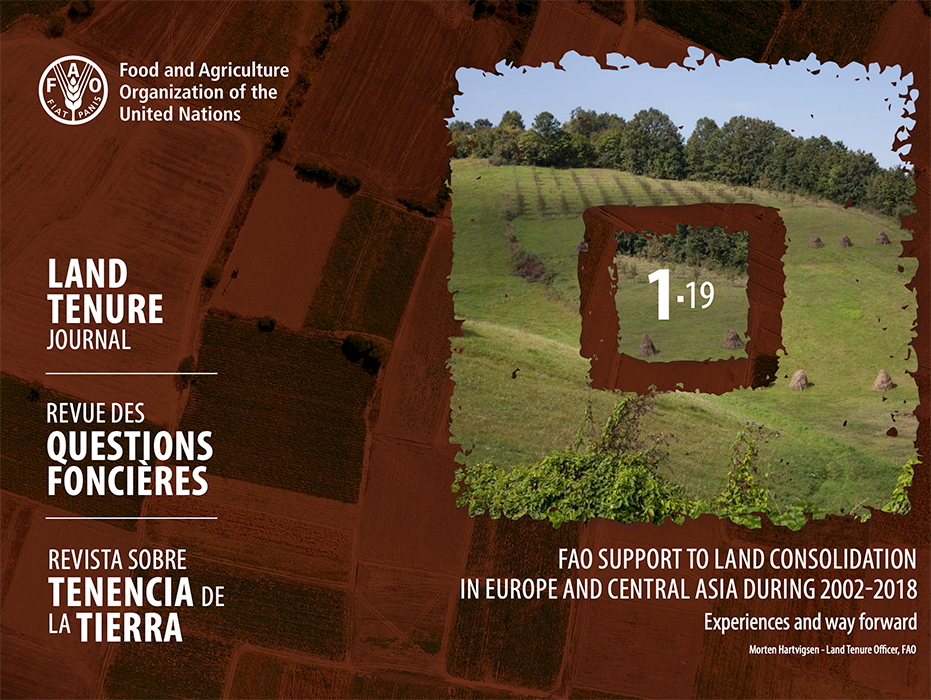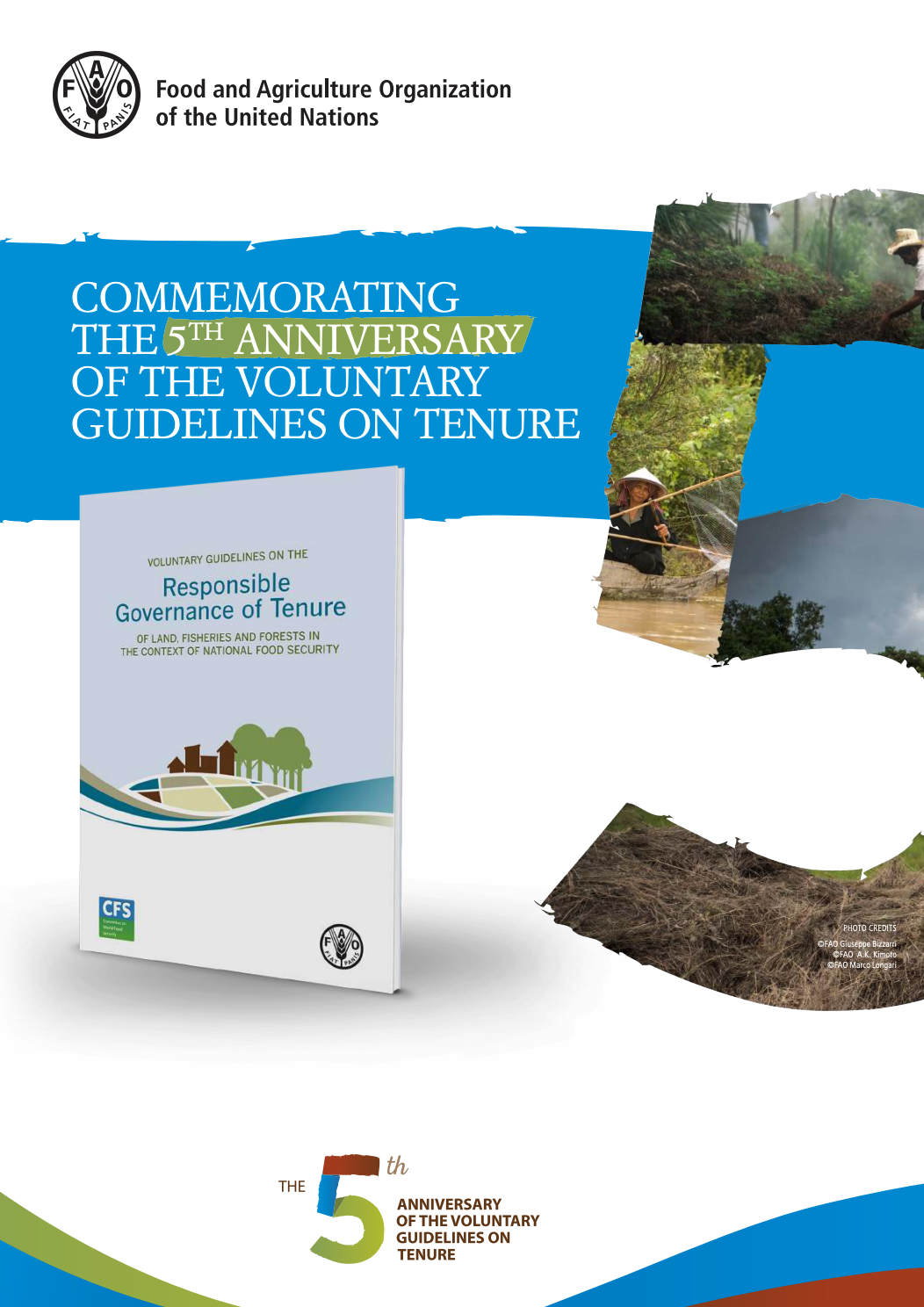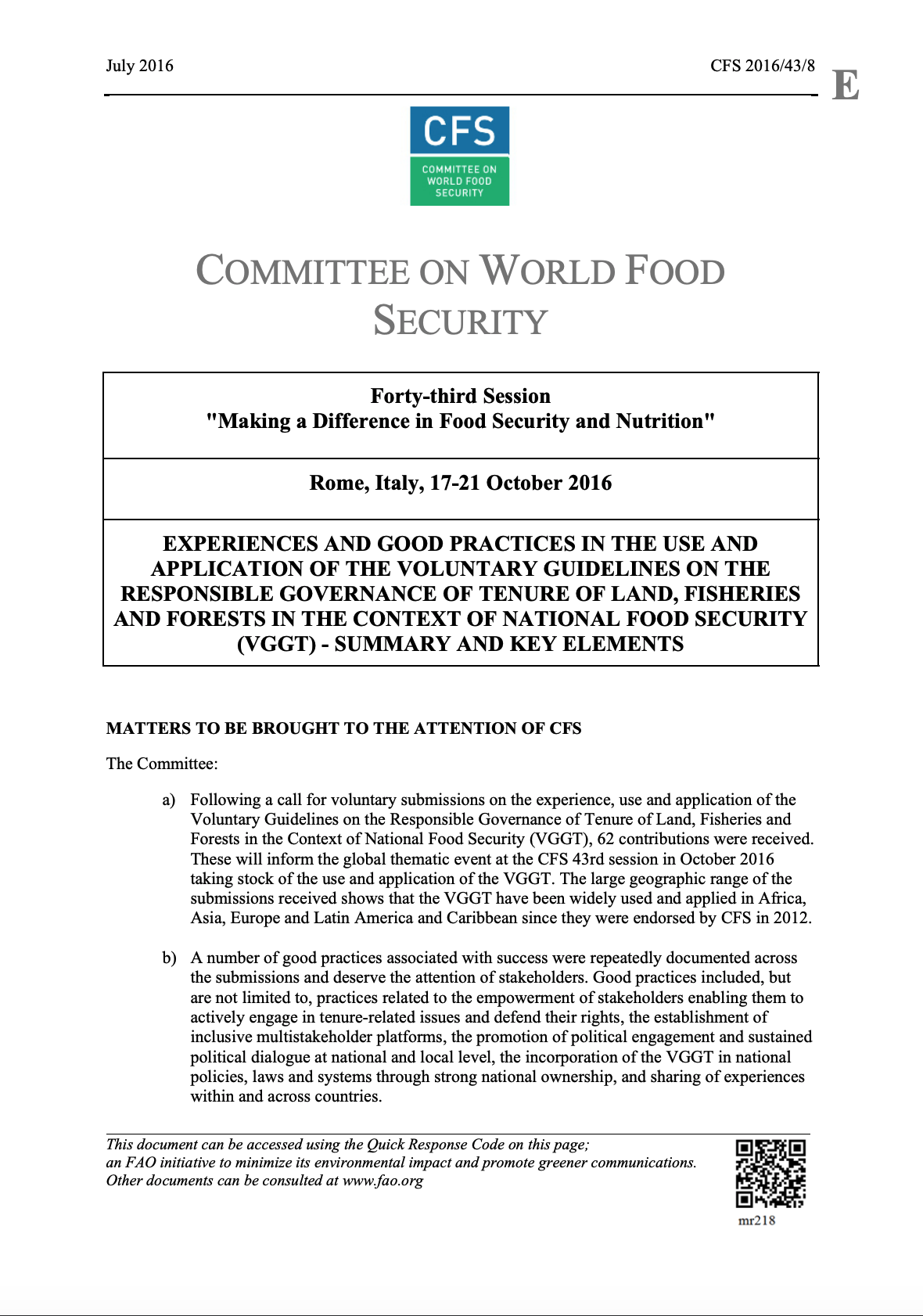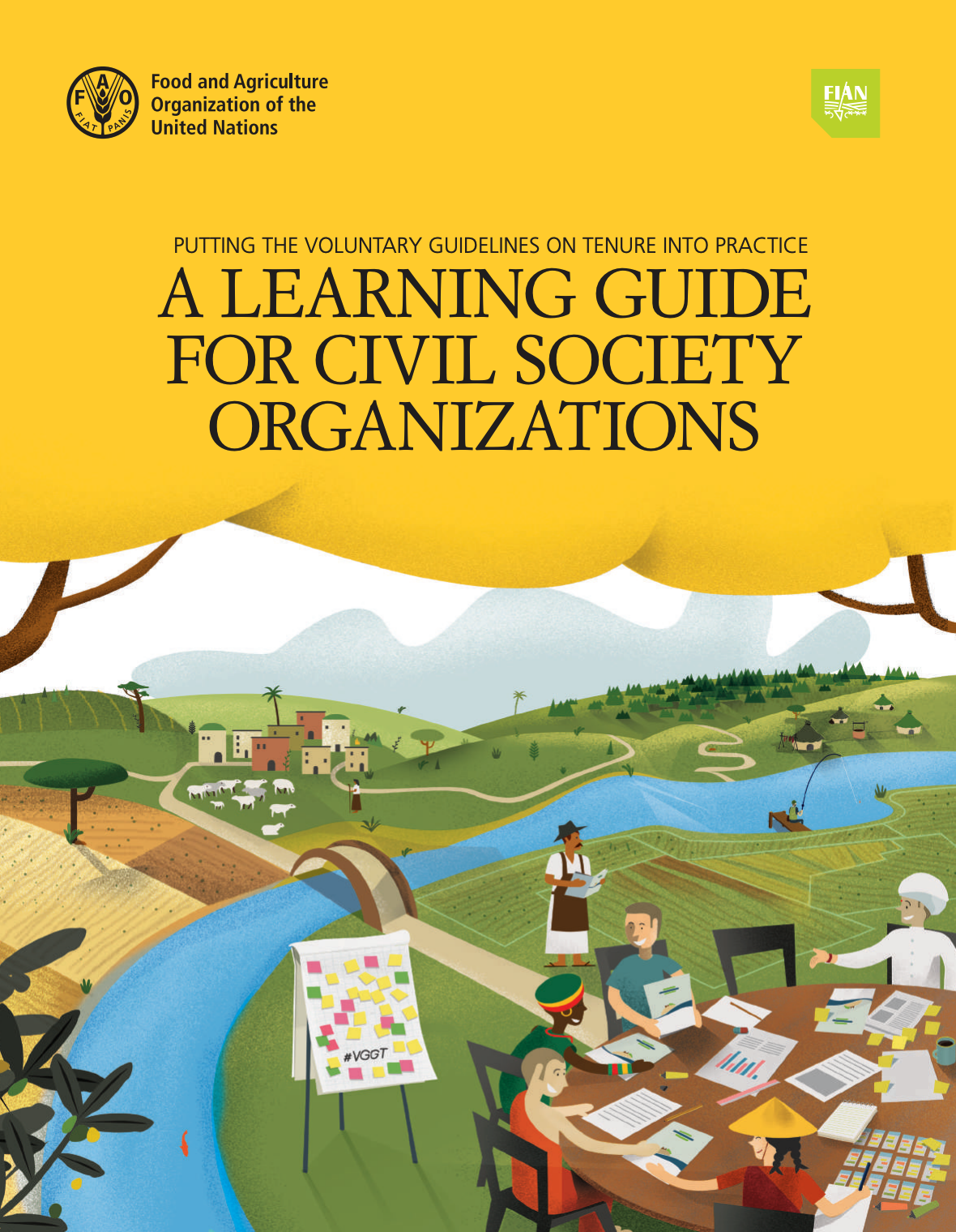Adaptation to climate change by small-scale Rooibos tea farmers in Wupperthal and the Suid Bokkeveld areas of the Western and Northern Cape
The project aims to support small-scale farmers in the project area in their efforts to adapt their farming practices to anticipated climate change and to enhance their incomes.









